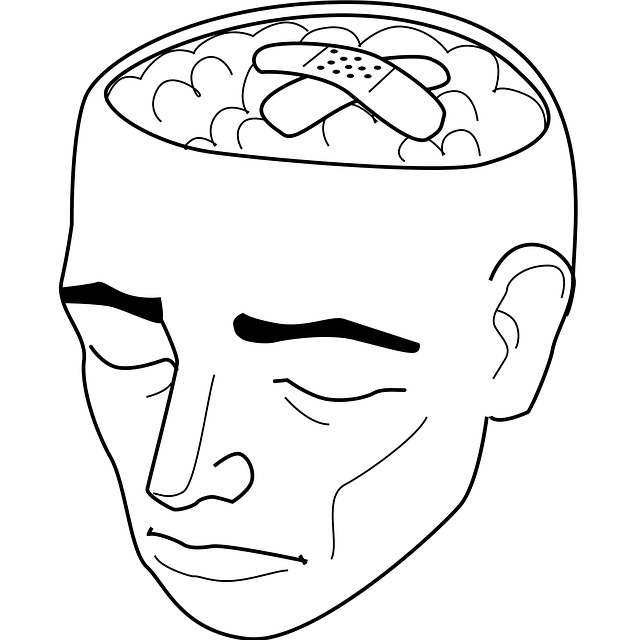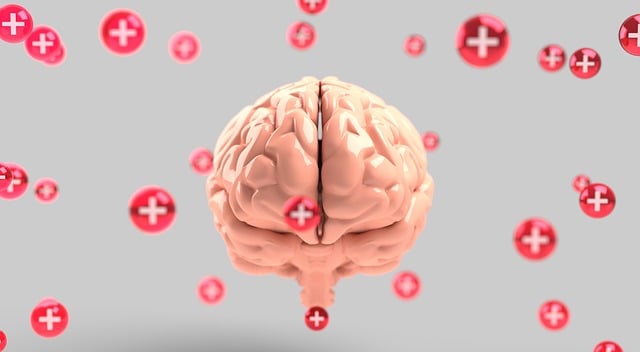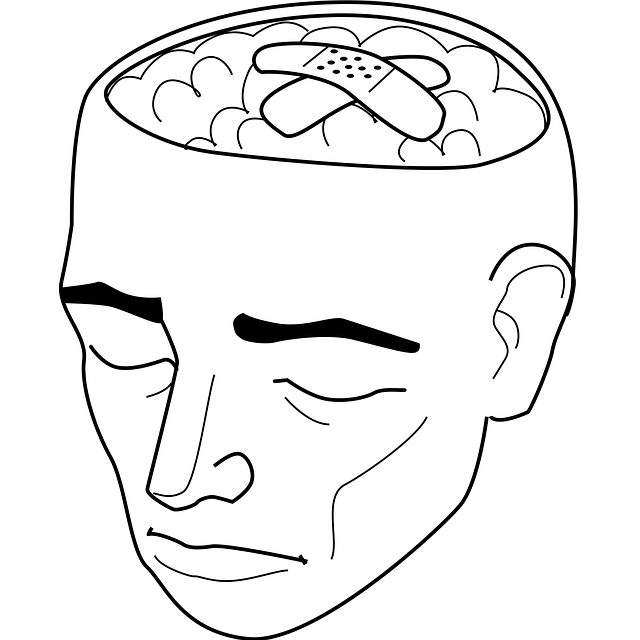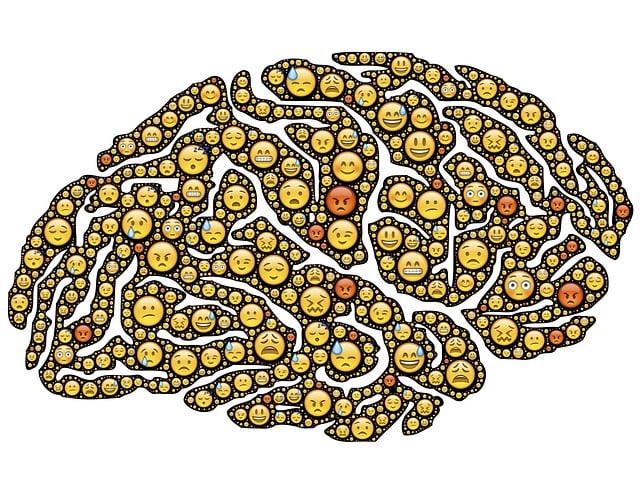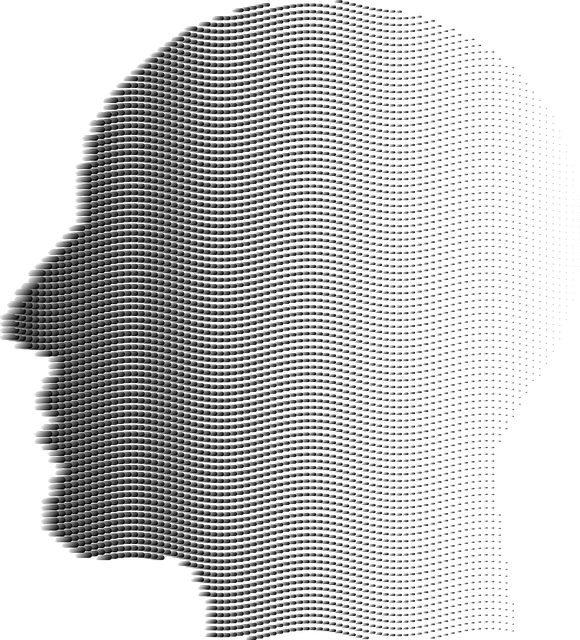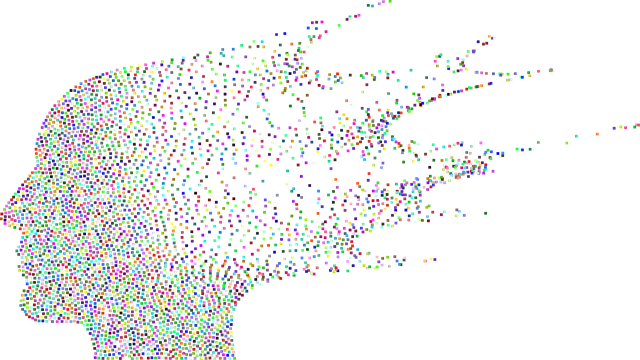Mental wellness self-assessment tools are powerful resources for therapy, especially in Superior Gambling Therapy. They offer insights into thoughts, feelings, and behaviors, promoting personal growth and well-being. These tools aid healthcare providers with burnout prevention and cultural competency training, while also driving policy reforms focused on mental health. Innovatively designed for Superior Gambling Therapy, these self-assessment tools use tailored communication, exercises, and modules to support users in reflective practices, emotional regulation, and coping mechanism development. With user-friendly designs, they enhance accessibility and engagement, making them valuable assets in the mental wellness journey. Regular updates based on rigorous evaluations and user feedback ensure their effectiveness and impact in this evolving field.
Mental wellness self-assessment tools are gaining prominence as a crucial foundation for effective therapy. This article delves into the development of these tools, focusing on their role in enhancing Superior Gambling Therapy. We explore the significance of understanding mental wellness, crafting tools with essential features for accurate assessments, and evaluating their impact. By refining self-assessment methods, therapists can provide more tailored interventions, ultimately improving client outcomes in gambling therapy.
- Understanding Mental Wellness Self-Assessment: A Foundation for Effective Therapy
- Crafting Tools for Superior Gambling Therapy: Features and Incorporation
- Evaluating and Refining: Ensuring the Accuracy and Impact of Self-Assessment Tools
Understanding Mental Wellness Self-Assessment: A Foundation for Effective Therapy

Mental wellness self-assessment tools are a critical foundation for effective therapy and superior gambling therapy approaches. These assessments enable individuals to gain profound insights into their mental health, serving as a catalyst for personal growth and well-being. By facilitating a comprehensive understanding of one’s thoughts, feelings, and behaviors, self-assessment tools empower people to take charge of their mental wellness journey. This proactive approach is particularly beneficial in addressing issues like burnout prevention strategies for healthcare providers, where early identification of stress and strain can lead to timely interventions.
Moreover, these assessments play a pivotal role in healthcare provider cultural competency training by promoting empathy and understanding towards diverse patient populations. In the context of mental health policy analysis and advocacy, self-assessment tools can help identify gaps in current support systems, driving evidence-based policy reforms that prioritize mental wellness as a core aspect of overall health. This holistic perspective ensures that individuals receive tailored care, fostering resilience and enhancing their ability to navigate life’s challenges effectively.
Crafting Tools for Superior Gambling Therapy: Features and Incorporation

In the realm of mental wellness, developing innovative tools for Superior Gambling Therapy is a game-changer. These instruments are meticulously crafted to address specific challenges associated with gambling behaviors and promote healthier mindsets. Incorporating effective features such as tailored communication strategies, exercises for positive thinking, and interactive modules on Mental Health Awareness, these tools offer a holistic approach to therapy. By engaging users in reflective practices, they encourage self-discovery, emotional regulation, and the development of coping mechanisms.
The design process should focus on creating user-friendly interfaces that foster accessibility and comfort. Incorporating diverse media formats—text, audio, and video—can enhance engagement and cater to different learning styles. Additionally, integrating feedback mechanisms allows for continuous improvement, ensuring the tools remain relevant and effective in supporting individuals’ mental health journeys towards Superior Gambling Therapy.
Evaluating and Refining: Ensuring the Accuracy and Impact of Self-Assessment Tools

The development of self-assessment tools is a crucial step in promoting mental wellness, but it’s not without its challenges. Ensuring accuracy and impact is essential to create effective resources for individuals seeking support. This involves rigorous evaluation and refinement processes to validate the tool’s effectiveness. By subjecting these instruments to extensive testing, researchers can identify any biases or limitations, ensuring they accurately reflect an individual’s mental health status.
In the context of Superior Gambling Therapy, these tools play a vital role in assessing emotional regulation skills and identifying potential issues early on. The goal is to provide healthcare providers with reliable means to measure burnout prevention strategies among their patients. Regular updates and improvements based on user feedback are essential to keep these self-assessment tools relevant and impactful in the ever-evolving landscape of mental wellness support.
Mental wellness self-assessment tools play a pivotal role in enhancing access to Superior Gambling Therapy. By providing individuals with effective means to gauge their mental state, these tools democratize care and empower people to take charge of their well-being. Through continuous evaluation and refinement, ensuring accuracy and impact, we can foster more meaningful and successful therapeutic journeys. This comprehensive approach, as highlighted in this article, is a step towards improving mental health support, especially within the context of Superior Gambling Therapy.
